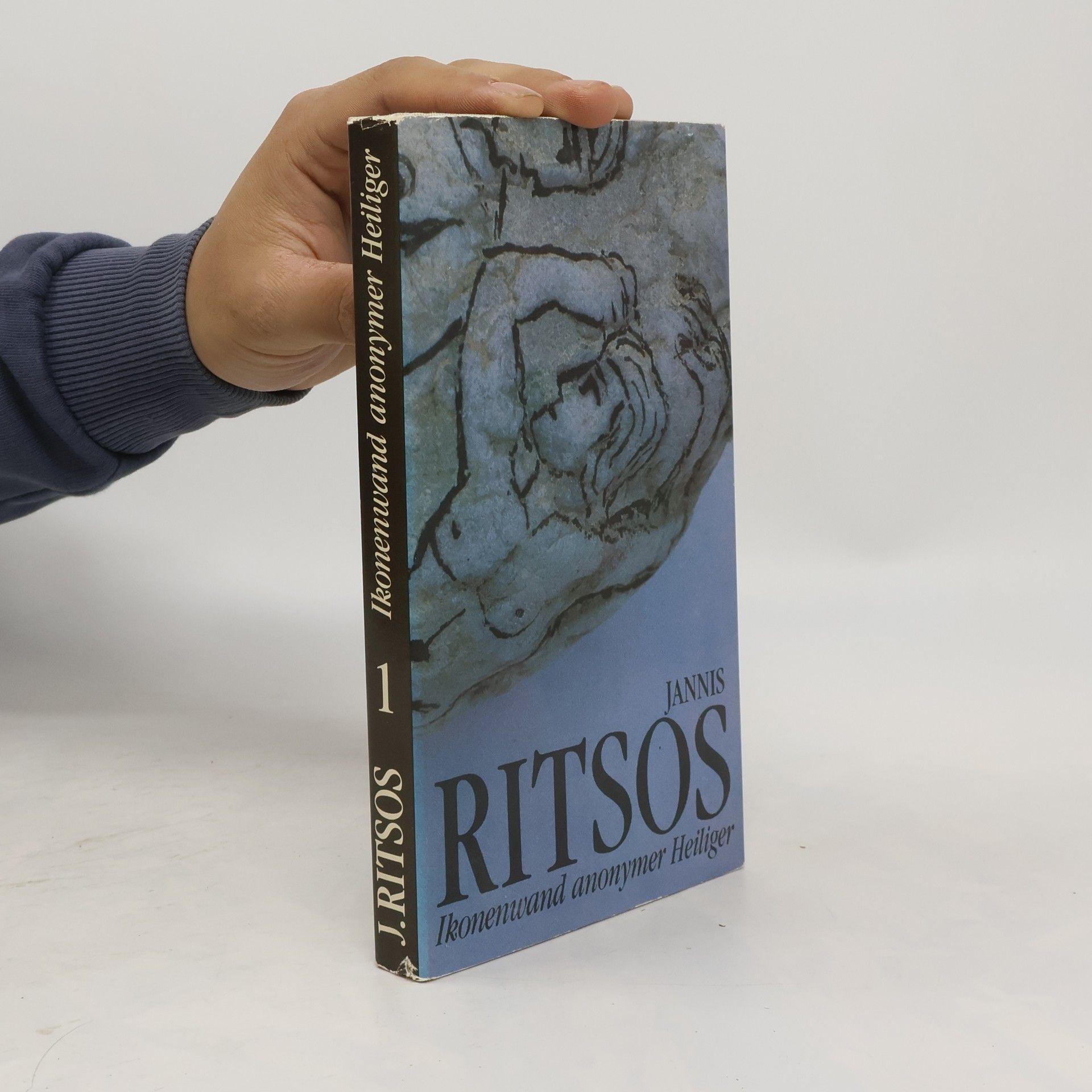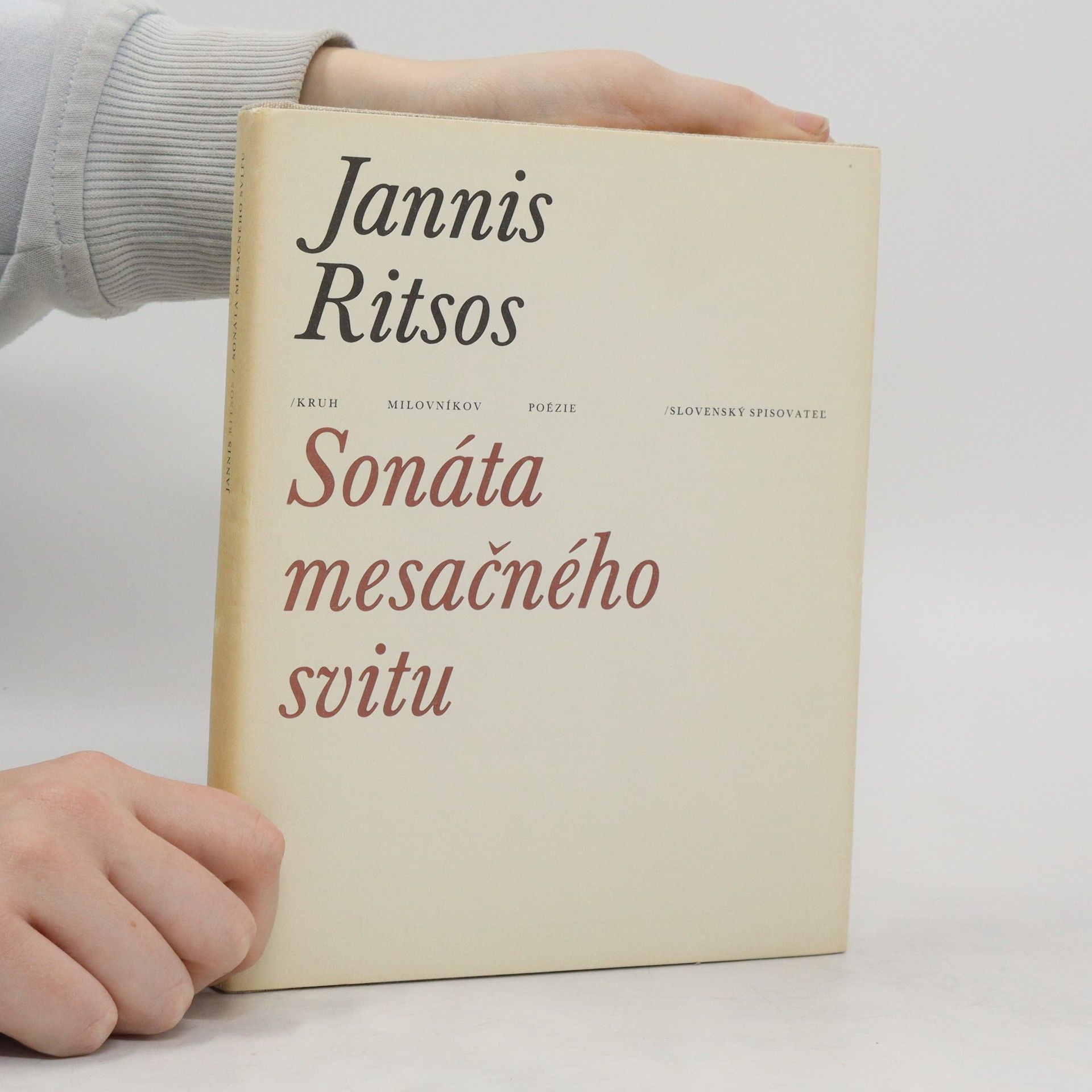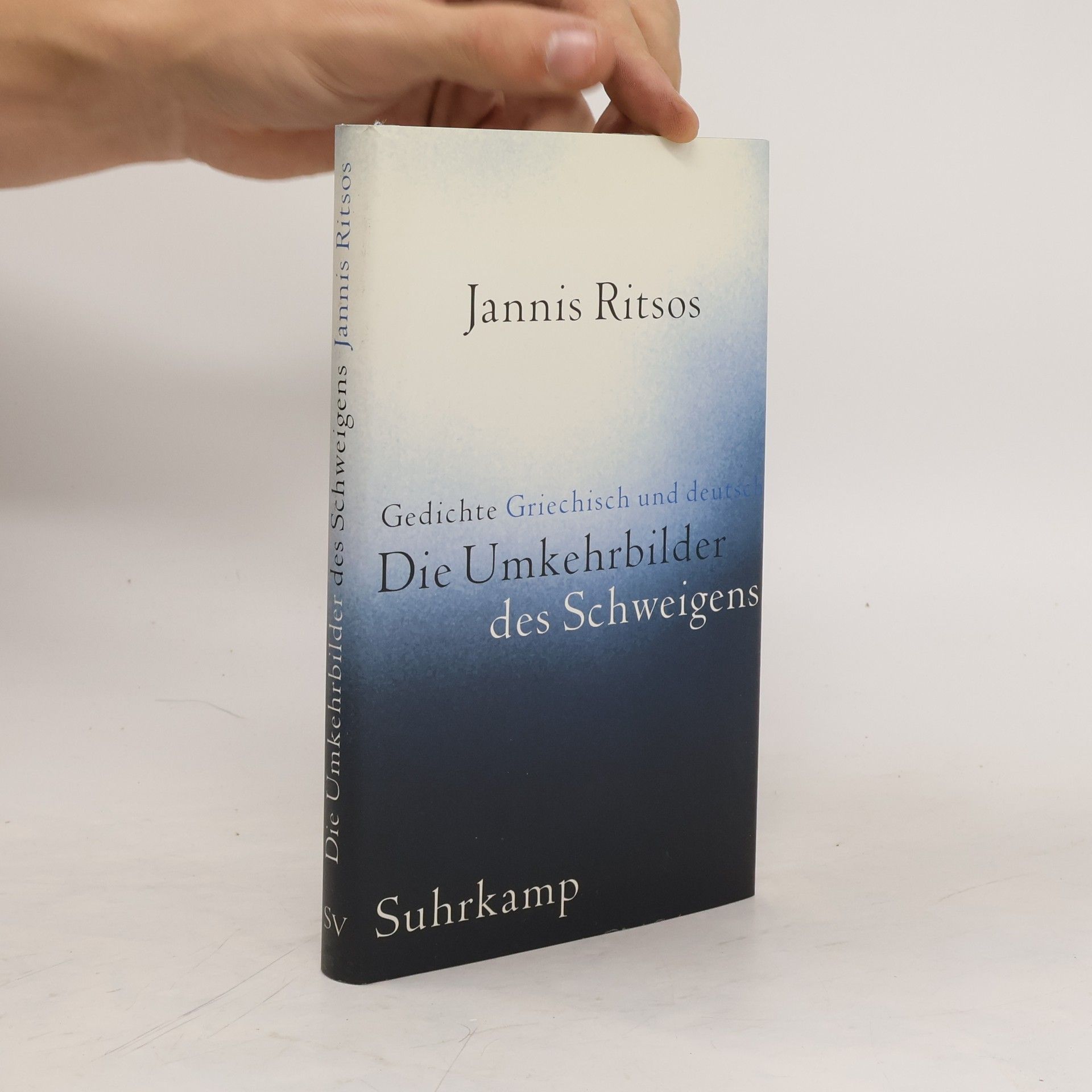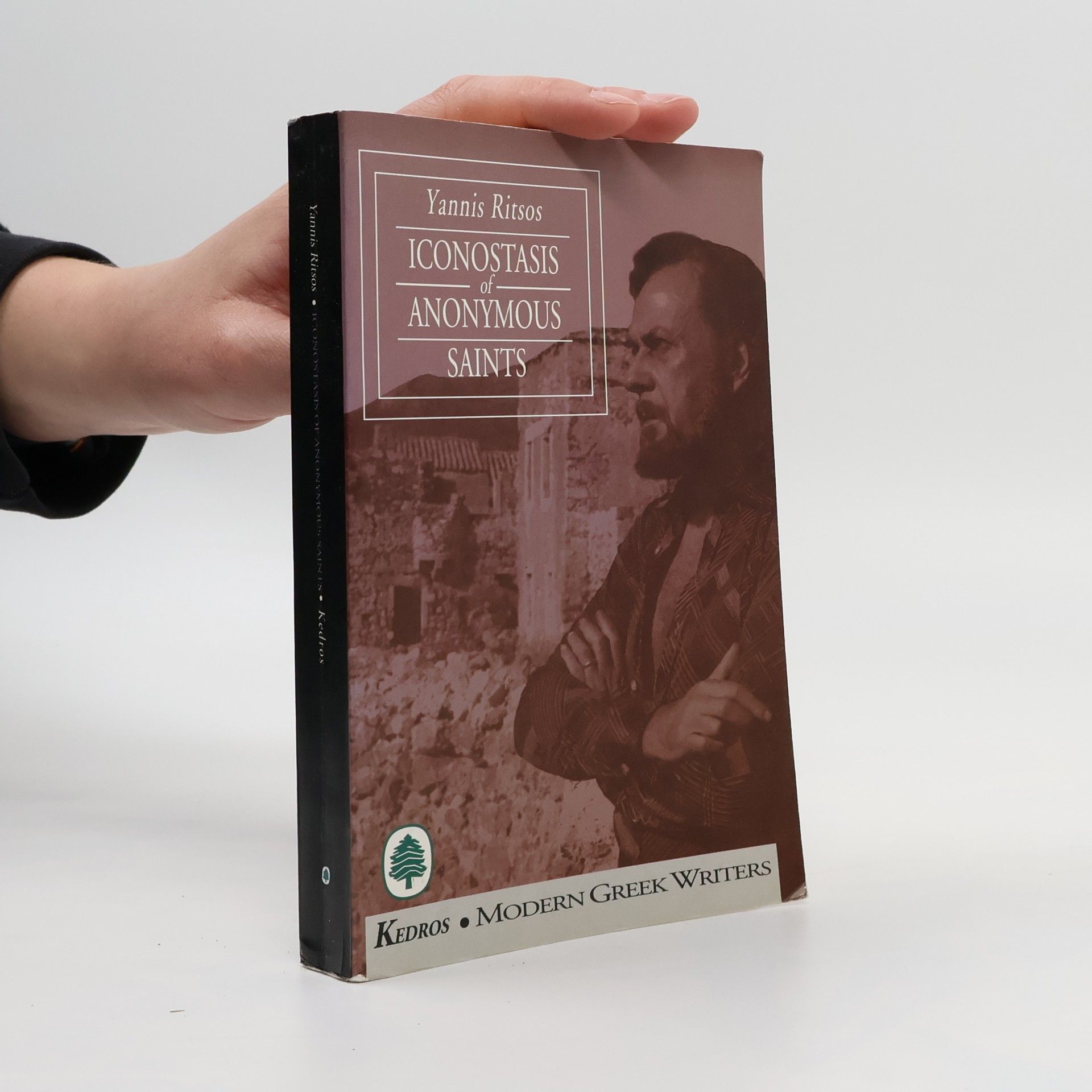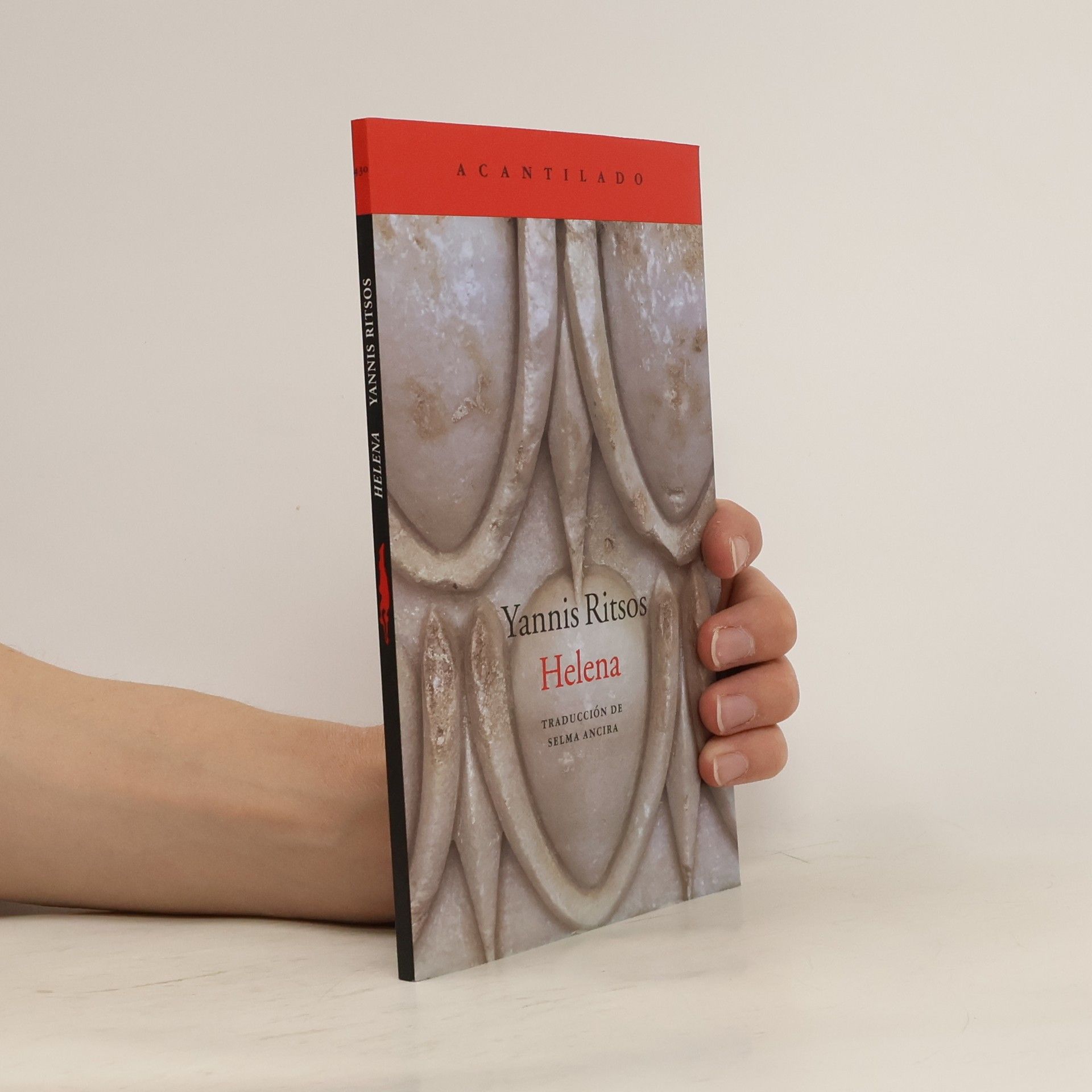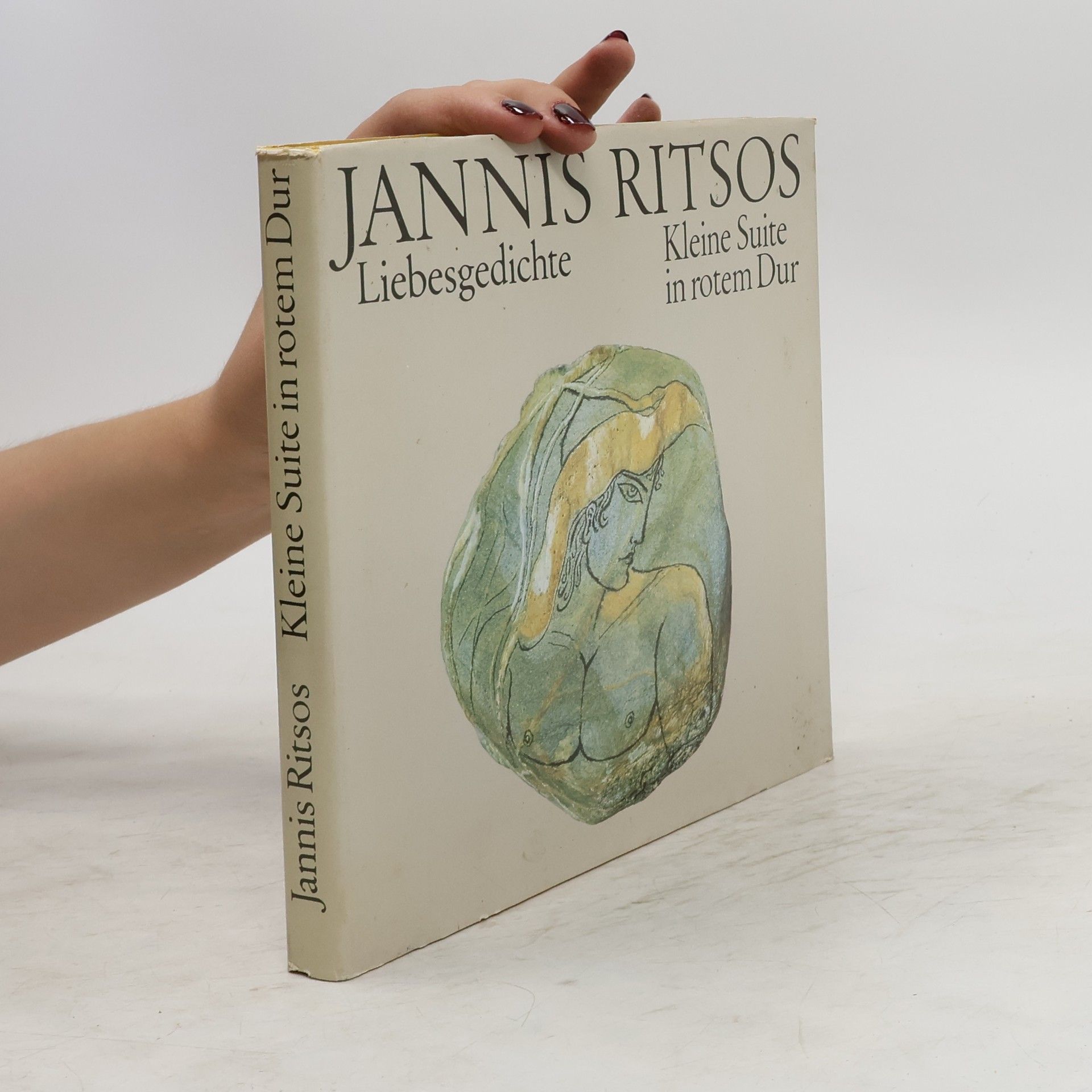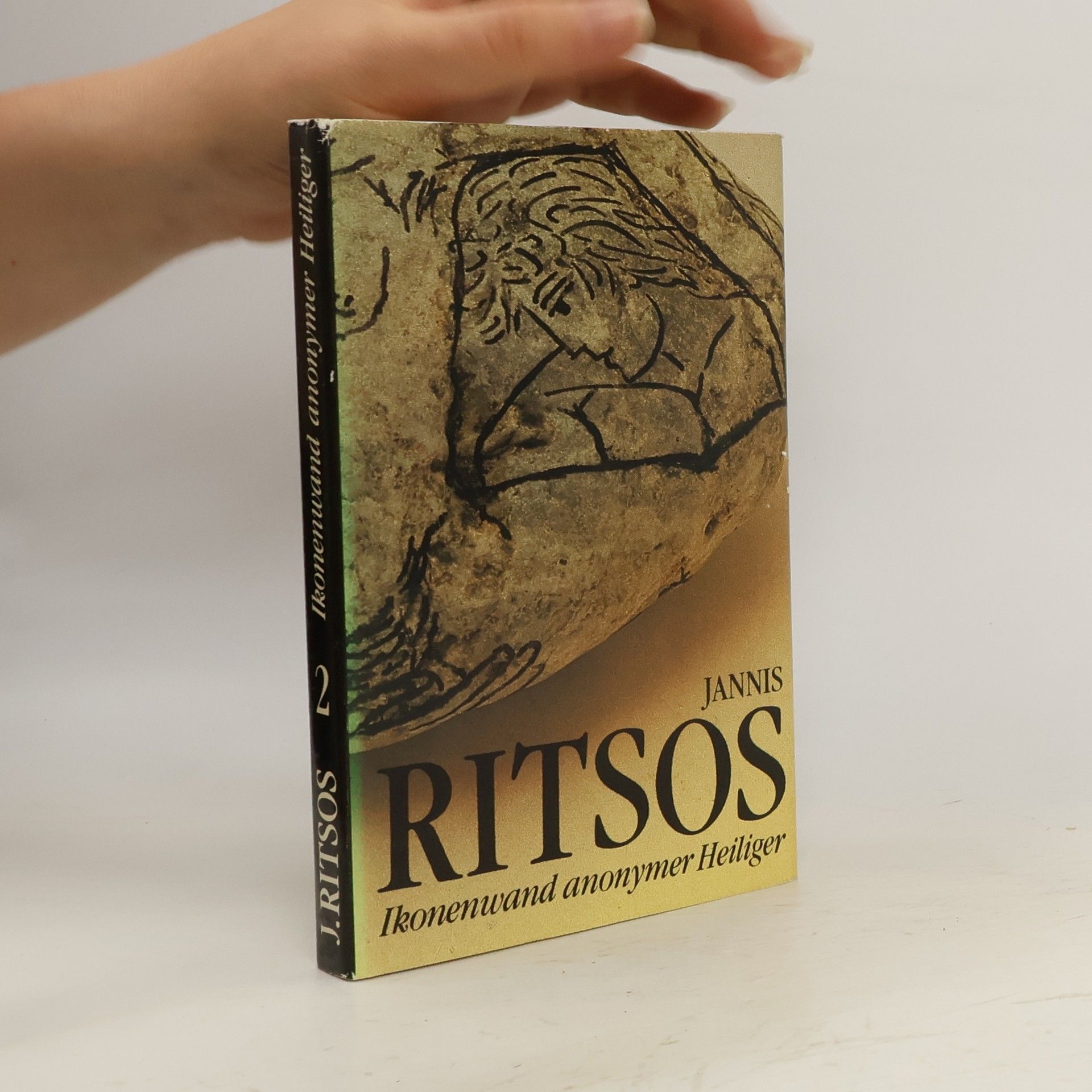Helena
- 88 páginas
- 4 horas de lectura
Ritsos, una de las mejores voces de la lírica europea, creó una serie de monólogos de excepcional sutileza, con los que consigue trasladar a nuestros días el pathos de la tragedia griega. En esta pieza, el poeta da voz a la anciana Helena, que examina su vida dejando que los recuerdos de quienes ya la abandonaron la conmuevan, y al recrear la interioridad del personaje mitológico nos descubre su vigencia: Helena pervive en tantas otras mujeres de hoy. Con esta obra proseguimos la publicación de los soliloquios dramáticos del autor en versión de Selma Ancira.

